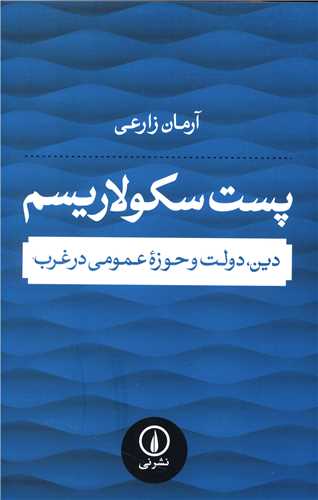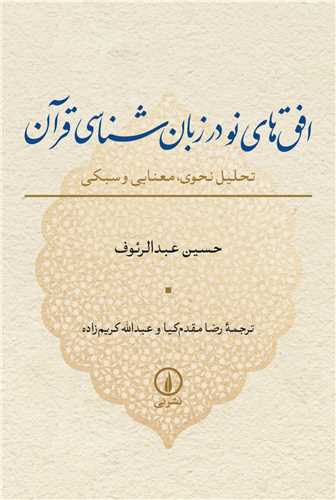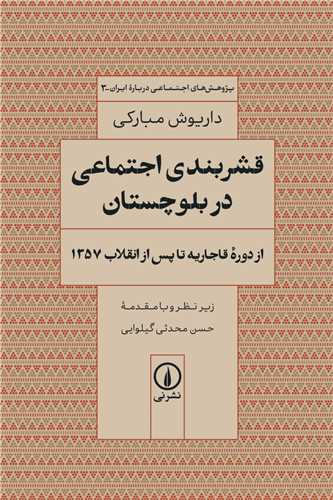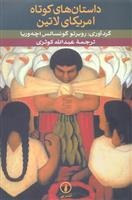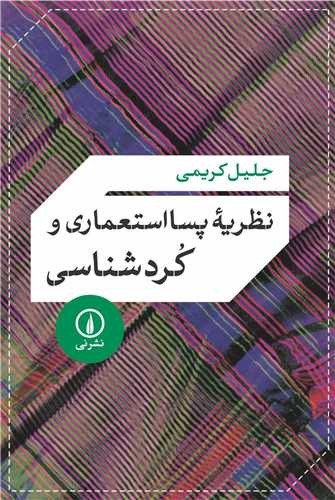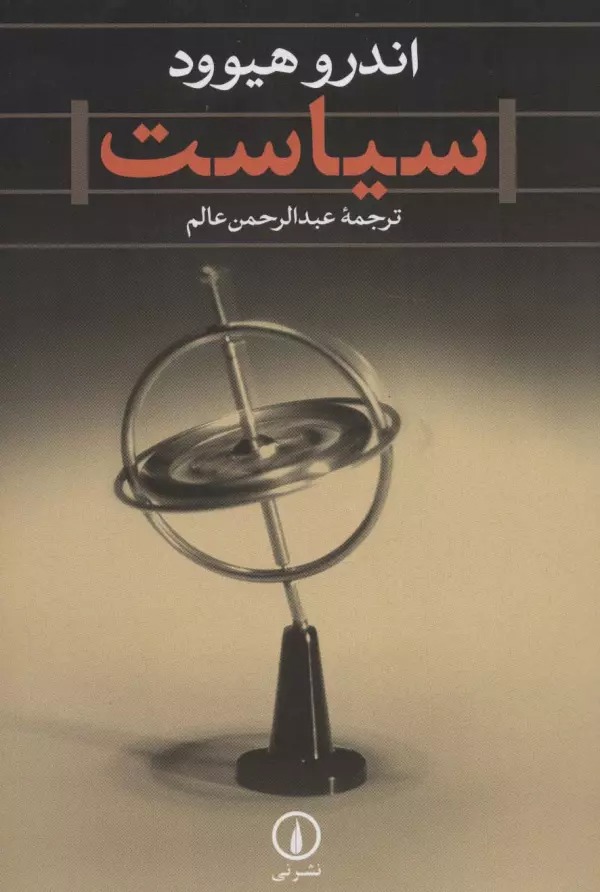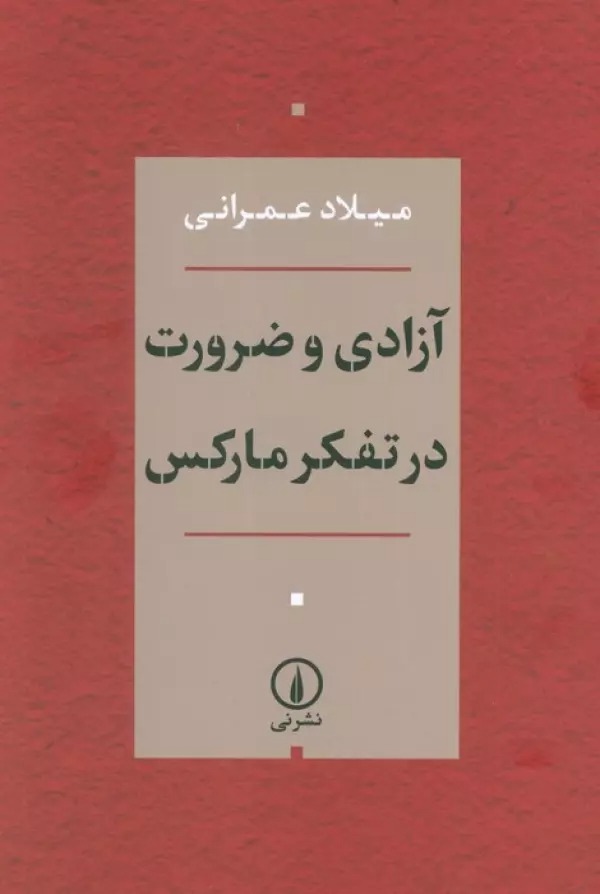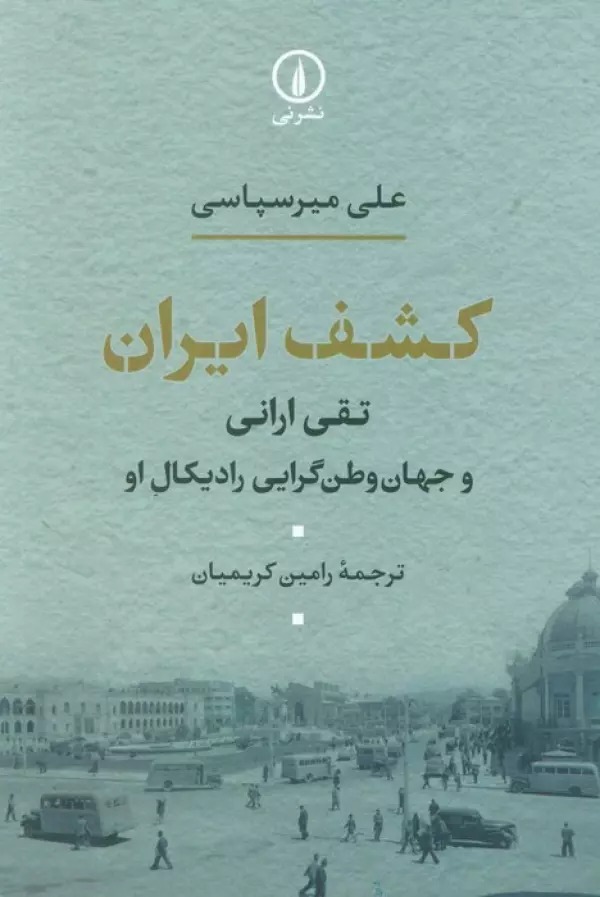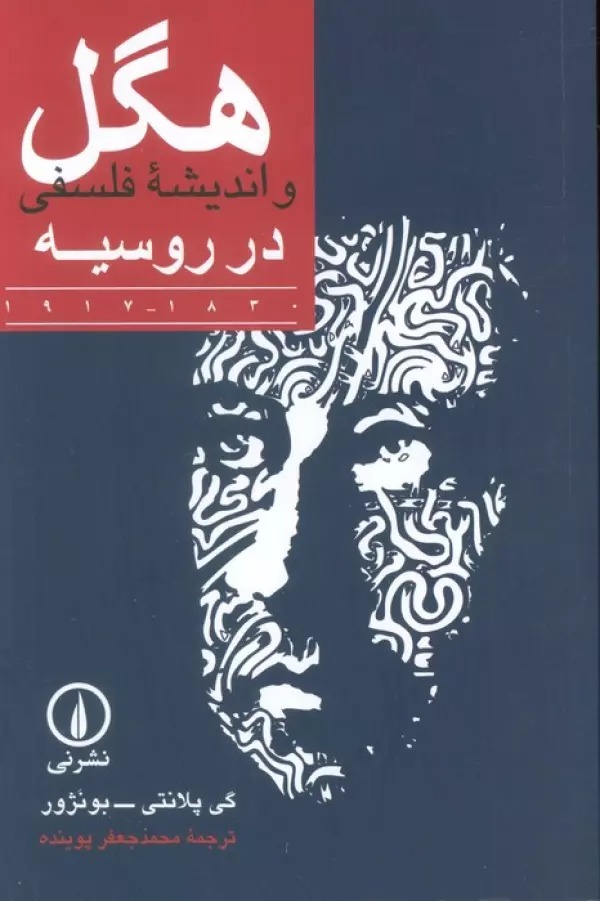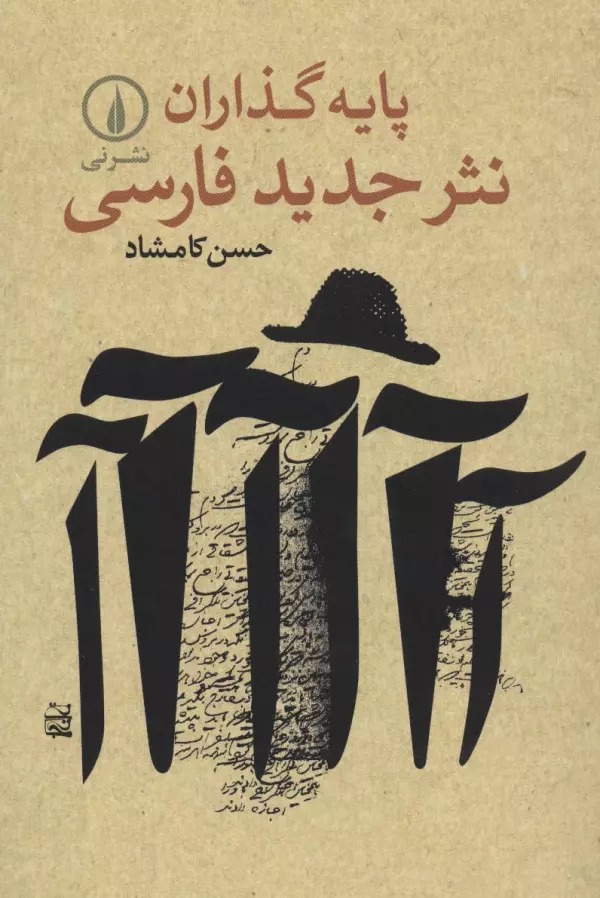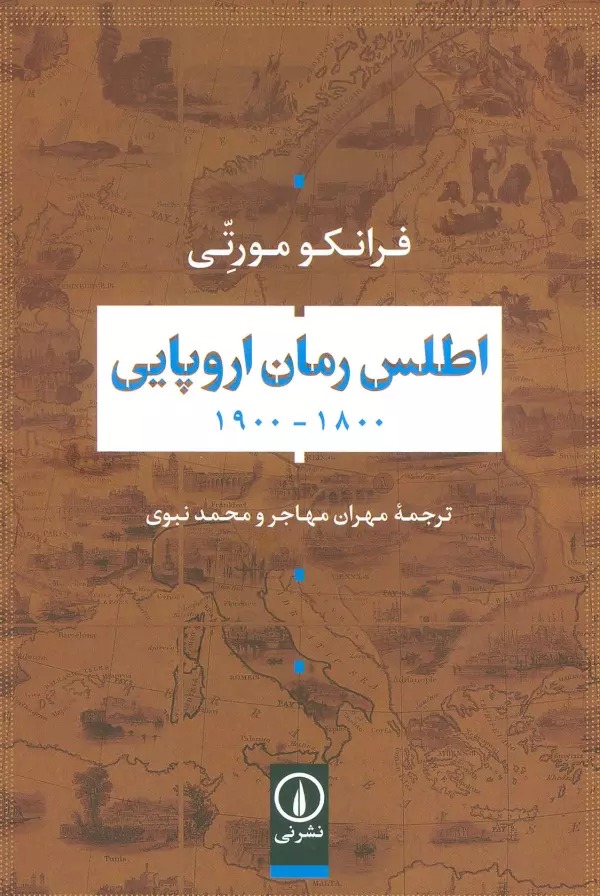پست سکولاریسم فارسی 1402
Pust'sikūlārīsm
157 SEK
اشتراکگذاری
Wishlist
عنوان اصلی:
پست سکولاریسم
شابک:
9789641856061
ناشر:
Nashr-i niy
گروه سنی:
بزرگسال
صفحات:
312
وزن:
360 g
ابعاد:
14 x 21 x 2٫8 cm
جلد کتاب:
شومیز
The relationship between religion and the public sphere is a complex issue that has been the focus of many debates both in the West and in Iran and has shaped the controversy over secularism and its connection with democracy. In post-revolutionary Iran, some people considered the presence of religion in the public sphere and the political system to be an obstacle to democracy, assuming that there is a strong link between democracy and secularism. But the question is whether it is possible to simply talk about its relationship with democracy in Iran without paying attention to the complexities of secularism. The present book does not seek to enter into this controversy and present a plan for it, but it intends to remind, through the examination of the experience of the West, the necessity of rethinking the relationship between secularism and democracy and moving toward achieving a model for dialogue. The experience of the last few decades of the West tells of the revival of religion and the return of that public sphere, despite the prevalence and long-term influence of secularism; An experience known as post-secularism. In post-secular conditions, the problem facing secular democracy is the presence of religion and religious arguments in democratic processes and how to dialogue between religious believers and secular citizens in the public sphere.
Analyzing why religion has returned to the public sphere, this book argues that the ineffectiveness of the modern state in providing religion to return to the public sphere in Western Christian societies has become the case in recent decades. In this two-stage analysis model, historical institutionalism has been used for the historical study of the institution of the modern state and the institutional context of the return of religion to the public arena, and new sociological institutionalism has been used to examine the institutional change in religious institutions. Change happens when the institutional logic of an institution is replaced by another institutional logic. This replacement occurs through what Claude Levi-Strauss calls "contextualization," whereby individuals shape a new institutional logic through the reuse and redefinition of readily available and pre-existing materials.
more
نسبت دین و حوزهی عمومی مسئلهی پیچیدهای است که هم در غرب و هم در ایران محور مباحثات فراوان بوده و به مجادله بر سر سکولاریسم و پیوند آن با دمکراسی شکل داده است. در ایرانِ پس از انقلاب برخی با این پیشفرض که بین دمکراسی و سکولاریسم پیوندی محکم برقرار است، حضور دین در حوزهی عمومی و نظام سیاسی را مانع دمکراسی قلمداد کردند. اما پرسش اینجاست که آیا میتوان بدون توجه به پیچیدگیهای سکولاریسم، بهسادگی از رابطهی آن با دمکراسی در ایران سخن گفت؟ کتاب حاضر در پیِ ورود به این مجادله و ارائهی طرحی برای آن نیست، بلکه قصد آن دارد تا از خلال بررسی تجربهی غرب، ضرورت بازاندیشی در نسبت بین سکولاریسم و دمکراسی و حرکت در جهت دستیابی به الگویی برای گفتوگو را یادآوری کند. تجربهی چند دههی اخیر غرب حکایت از تجدید حیات دین و بازگشت آن حوزهی عمومی، با وجود رواج و نفوذ طولانیمدت سکولاریسم، دارد؛ تجربهای که با نام پستسکولاریسم از آن یاد میشود. در شرایط پستسکولار، مسئلهی پیشِ روی دمکراسی سکولار حضور دین و استدلالهای دینی در فرایندهای دمکراتیک و چگونگی گفتوگو بین مؤمنان مذهبی و شهروندان سکولار در حوزهی عمومی است.
این کتاب در تحلیل چرایی بازگشت دین به حوزهی عمومی استدلال میکند که ناکارآمدی دولت مدرن در ارائهی دین برای بازگشت به عرصهی عمومی در جوامع مسیحی غربی طی دهههای اخیر شده است. در این الگوی تحلیلِ دومرحلهای، از نهادگرایی تاریخی برای مطالعهی تاریخیِ نهاد دولت مدرن و بررسی زمینهی نهادیِ بازگشت دین به عرصهی عمومی، و از نهادگرایی جامعهشناختی جدید برای بررسی تغییر نهادی در نهادهای دینی استفاده شده است. تغییرْ زمانی اتفاق میافتد که منطق نهادیِ یک نهاد با یک منطق نهادیِ دیگر جایگزین شود. این جایگزینی بهواسطهی آنچه کلود لویـاستراوس «سرهمبندی» مینامد، اتفاق میافتد که بر اساس آن افراد از طریق بازاستفاده و بازتعریف مواد دمدست و ازپیشموجود، یک منطق نهادیِ جدید را شکل میدهند.
more

